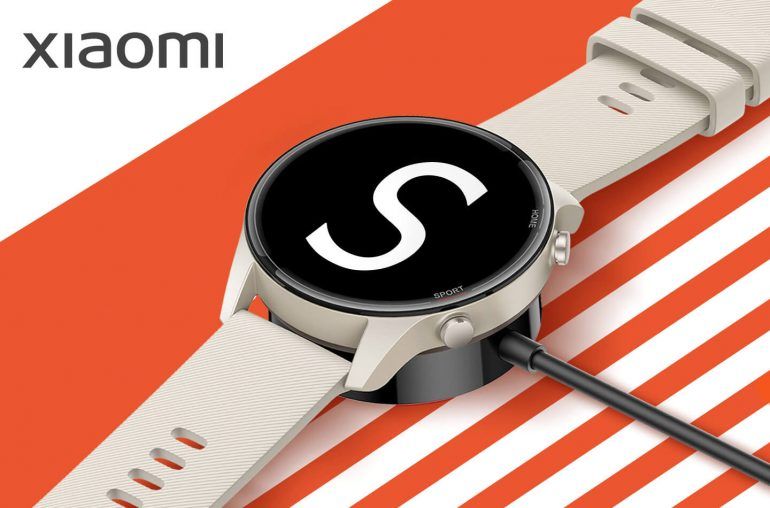Some apps track users despite privacy features in iOS 15
Every app has to ask users for permission to track them. Still, a number of developers don’t seem to accept ‘no’. Are Apple’s privacy features for apps as reliable as we hoped?
Read on after the ad.
Your data is secretly collected, even if you don’t want it
Since iOS 14.5, every app needs your permission to track you. Many users refuse this request, but some savvy app developers have found multiple ways to get around a ‘no’. This is shown by independent research published on the tech website ArsTechnica popped up. While Apple’s privacy features generally work fine, apps always keep small gaps to secretly collect data from users.
The researchers analyzed nine iOS apps. These apps generate user identifiers via so-called server-side code, even if App Tracking is disabled. The code appears to have been provided by a subsidiary of Chinese company Alibaba, which can track these identifiers in apps. As a result, ad companies can still target specific content to users.
In total, the study compared 1,759 different apps before and after the release of Apple’s anti-tracking features. While a quarter of these apps claim not to collect user data, 80 percent still contain at least one tracking library.
More about Apple’s privacy features
Incidentally, Apple is constantly expanding the privacy features within iOS. For example, since iOS 15.2, you can see what apps do with your data. You not only see how often an app accesses your cameras and microphone, but also which domains they contact. The app privacy report is divided into four parts: ‘Access to data and sensors’, ‘Apps network activity’, ‘Website network activity’ and ‘Most frequently contacted domains’.
iCloud (Plus) also offers all kinds of functions to better guarantee your privacy. For example, there is Private Transfer, which allows you to browse completely anonymously via Safari. Don’t feel like entering your personal e-mail as soon as you order something, for example? With iCloud Plus, you get the option to create random email addresses that forward the messages to your actual inbox.
Also read: 10 ways iOS 15 protects your privacy
Want to know more about Apple’s privacy features for apps? Sign up for our newsletter, download the free app or keep an eye on our site!



